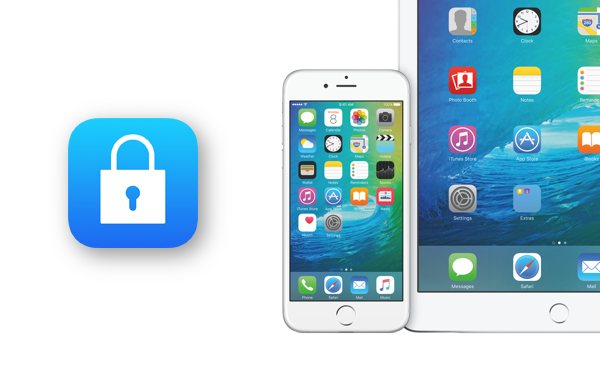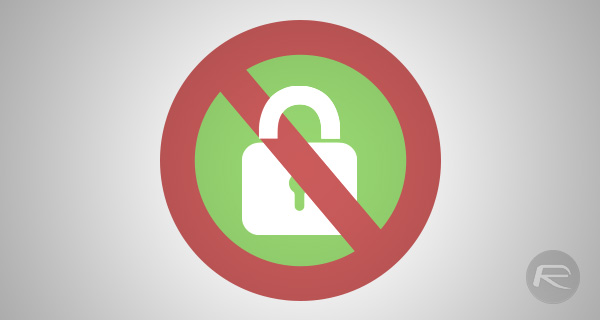Apple’s refusal to create a custom version of the iPhone’s firmware for the FBI has caused quite the stir both in the technology and legal worlds over the last few days, and that shows no sign of abating after the Department of Justice waded into the argument. While Apple has been receiving support from others within the technology industry, including Google’s Sundar Pichai, and backing in the form of FFTF protests, its decision was recently lambasted by none other than Donald Trump. And now, the Department of Justice has filed a motion in an attempt to force Apple to do the FBI’s bidding, claiming that Apple’s decision to oppose the original court order is more based on its marketing strategy than any legal footing.
For those still catching up, the FBI wants Apple to create a custom version of the iPhone’s firmware in order to allow it to gain access to a locked iPhone, specifically an iPhone 5c, used by one of the San Bernardino shooters. Apple refused to do that despite a court telling it to, and now the Department of Justice is attempting to force the matter.

According to a report from The New York Times, the Department of Justice believes that Apple’s stance on the matter comes not from a sense of legal injustice or a concern for the precedent it could set, but rather a marketing decision.
It said that Apple’s refusal to help unlock the phone for the F.B.I. “appears to be based on its concern for its business model and public brand marketing strategy,” rather than a legal rationale.
There is little doubt that Apple’s stance has seen it receive almost universal backing and back slapping across both the internet and the technology industry as a whole. If Apple’s stance is indeed part of a larger public relations move, then it’s having the desired affect, but we can’t help but think there are easier ways to get people to buy iPhones and computers than going toe-to-toe with the United States government.
We’ll just have to see how this pans out, with Apple now having until February 26th to reply to the first court order. That response could make for an interesting read indeed.

(Source: The New York Times)
You may also like to check out:
You can follow us on Twitter, add us to your circle on Google+ or like our Facebook page to keep yourself updated on all the latest from Microsoft, Google, Apple and the Web.

